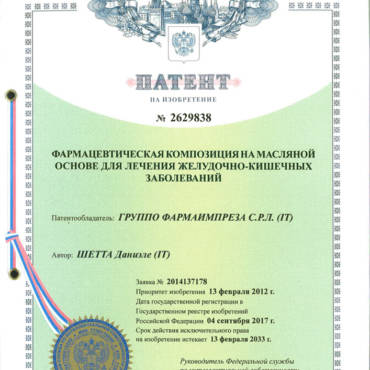The antimicrobial properties of Olive ’s leaves (Olea europaea L.) are well consolidate in Traditional Mediterranean medicine and also in the modern scientific research.
Several studies have investigated the antimicrobial properties concerning the active compounds derived from the leaves of the Olive ‘s plant, regarding all the extract and also specifically its most important secondary metabolites.
Both in vitro and in vivo tests were made against usual pollutants as Escherichia coli or Staphylococcus aureus.
It’s interesting to observe that these tests have been executed not only on plant’s derivates individually or in mixture, but also in association with drugs and true antibiotics as ampicillin.
According to these results it’s now clear that luteolin 7-O-glucosides and other secondary derivates are active against the bacterial strains mentioned above, specially against Staphylococcus aureus.
Also, an energic antimicrobial effect is available from other important functional derived from the plant as caffeic acid, verbacoside, oleoeuropein, and even from the oil itself when used in association with ampicillin.
Specially a good synergic effect has been observed with ampicillin and idroxitirosolo, a phenol-derivate that it’s contained inside the olive oil and even in the leaves, in its esterified form (oleoeuropeina).
Therefore these functional may not be, generally, strong antimicrobials compared to others with better activity, their use in association with antibiotics could represent a useful strategy to obtain formulations with stronger antimicrobial activity.
See the other news on:
www.farmaimpresa.com/it/news.html



Add Comment